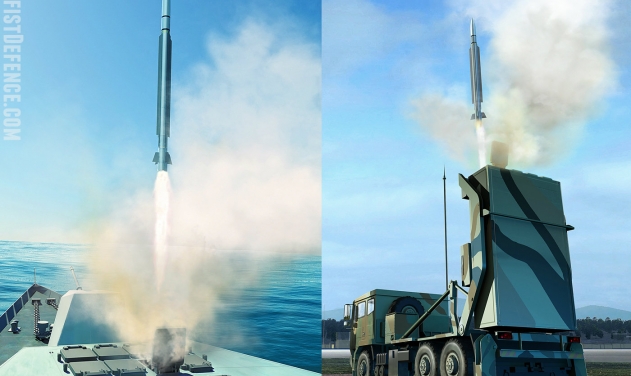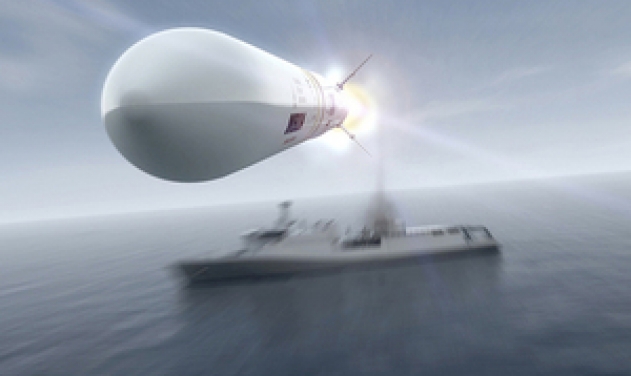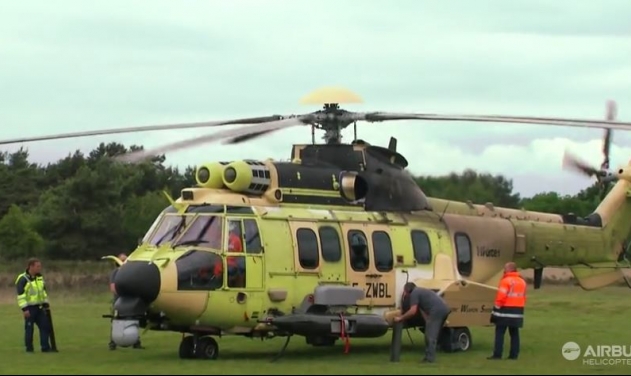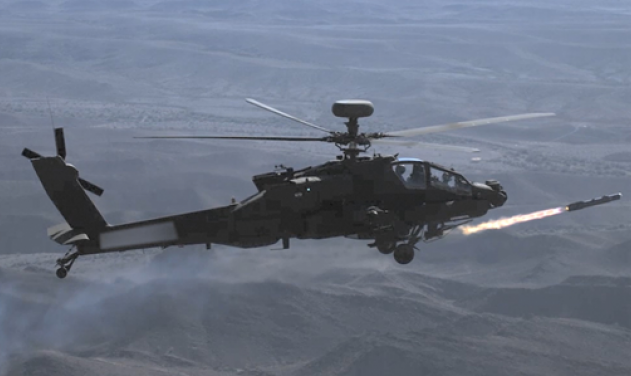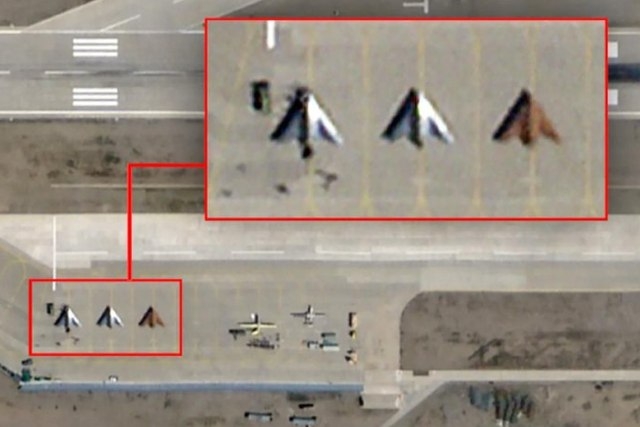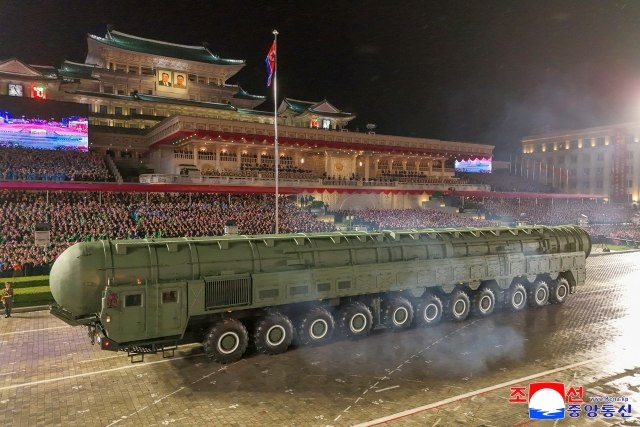MBDA Demos New Laser Weapon System Demonstrator
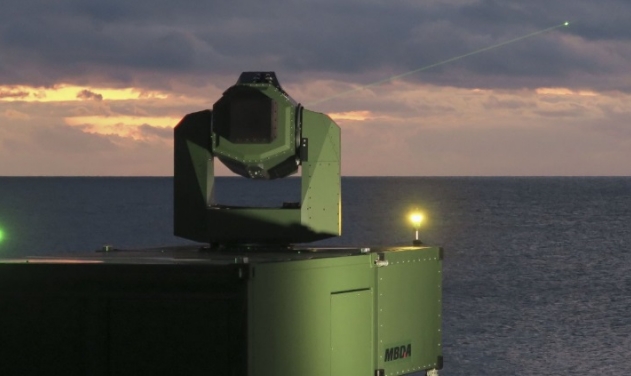
MBDA Germany has carried out trials of new Laser Weapon System (LWS) demonstrator designed to test its beam guidance and tracking system in a sequence of simulated engagements of airborne targets.
The trials were conducted at the Bundeswehr's military training ground at Putlos on the Baltic Sea from 4-14 October. Firing of the high-energy laser was not scheduled for these tests, nor was an acquisition sensor deployed.
Quadcopters fitted with GPS transmitters served as airborne targets for the trials, performing a variety of dynamic manoeuvres at different ranges to prove the functionality of the overall system and the performance capability of the LWS's improved tracking system.
The targets were preset, scanned with the laser target illuminator, and an aim point was held on the target for an extended period to simulate destruction of the threat.
The system tracked all the targets involved in the trials, "sometimes in adverse weather conditions, which included heavy rain and storms. During night trials, the demonstrator was also able to acquire and track targets, even in conditions of poor visibility.” Dr Markus Martinstetter, Future Systems Sales Engineer at MBDA Deutschland told IHS Jane's.
Besides, it was also deployed to defend against a simulated swarming attack, which required rapid switching between targets approaching from different directions, Martinstetter added.
An external radar sensor was not used to track the targets because the "focus of the trials was on the effector," he said. Nevertheless the intention was to have an appropriate pre-acquisition capability to test the demonstrator's automated target lock-on.
Accordingly, the GPS-equipped targets sent a rough GPS position to the LSW demonstrator, which, using this information locked on the target with its coarse tracking sensor.
